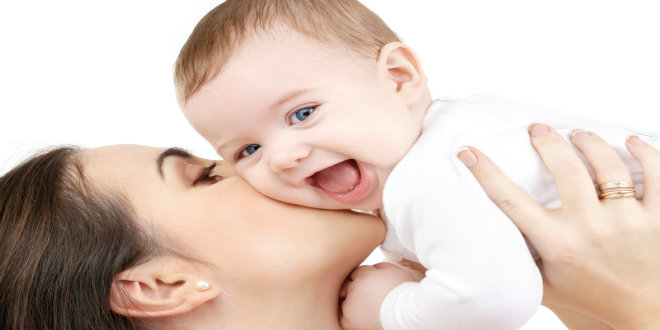Maternity leave Ireland
In September 2013 the legal opinion of the European Court of Justice was that an Irish teacher (Ms. Z), whose child was born through surrogacy, did not have an automatic right to either paid Adoptive Leave or Maternity Leave from her employment.
On 18th March 2014 a European Court of Justice (ECJ) ruling, that referred to the mother who did not give birth to the child as the “commissioning mother”, upheld this opinion. The ruling stressed that it is the birth mother who should receive maternity benefit, even where she does not keep the baby after giving birth and even in cases where the mother who takes on the responsibility of the child after birth is the biological mother. The reason for this is to improve the health and safety of pregnant workers and and those who have recently given birth.
Ms. Z and her husband are the baby’s full genetic parents. When Ms. Z’s application for paid Adoptive Leave was denied she brought a complaint to the Equality Tribunal. The woman, who has no uterus as a result of a rare medical condition, claimed that she was discriminated against on the grounds of sex, family status and disability.
The woman was told by her employer that she could take unpaid Parental Leave instead of the requested Adoptive Leave; however, as the child was genetically hers and her name was on the American birth certificate, Ms. Z felt that she was being treated unfairly.
The surrogacy scenario can be a challenging one for all concerned and blurred lines surrounding what mothers are entitled to in the workplace just adds to the complexity of the situation.
The Equality Tribunal referred the case to the ECJ and the Court ruled yesterday that mothers like Ms. Z do not have any automatic right to Adoptive Leave or Maternity Leave.
In September 2013, the legal opinion of the Advocate General stated that Ms. Z’s differential treatment was not based on sex, family status or disability, as claimed, but instead on the “refusal of national authorities to equate her situation with that of either a woman who has given birth or an adoptive mother”.
The Court ruled that Ms. Z did not fall within the scope of the Pregnant Worker’s Directive as the Directive in question presupposes that the worker has been pregnant or has given birth to a child. The claim of discrimination on the grounds of sex failed as fathers in this situation are also denied leave. The claim of discrimination on the grounds of disability also failed as, the judgement stated that, while “a woman’s inability to bear her own child may be a source of great suffering” it does not amount to ‘disability’. The concept of ‘disability’ within the EU Employment Equality Framework Directive “presupposes that the limitation, from which the person suffers, in interaction with various barriers, may hinder that person’s full and effective participation in professional life on an equal basis with other workers”.
The recent revelation, that Irish women who have babies through surrogacy arrangements are not afforded the same rights as mothers who have adopted or given birth to their babies, has highlighted the uncertainties/complexities surrounding the issue of surrogacy in both Irish and EU law.
Surrogacy is becoming a more frequent option for women; however, legislation in Ireland has not kept up with this change.
The ECJ stated that member states are “free to apply more favourable rules for commissioning mothers” and paid leave for mothers, who have children through surrogacy arrangements, is being legislated for in The United Kingdom.
On 30th January 2014, Justice Minister Alan Shatter published the General Scheme of Children and Family Relationships Bill for consultation. According to Minister Shatter, the draft bill ‘seeks to provide legal clarity on the parentage of children born through assisted human reproduction and surrogacy’.






Leave A Comment